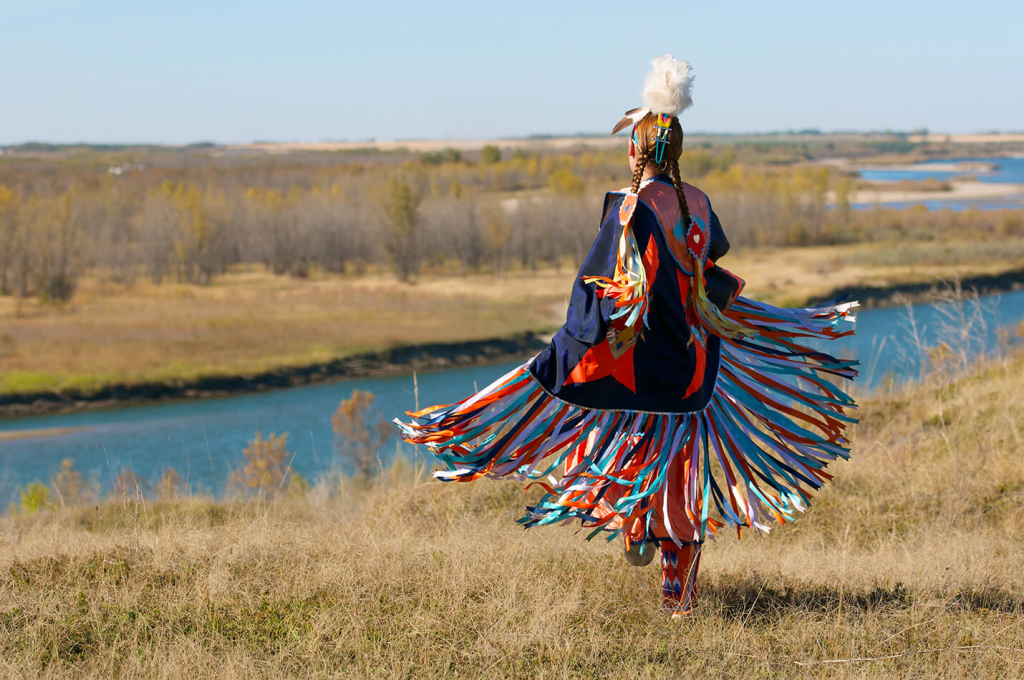
The integration of Indigenous people as a national minority of Canada and new immigrant minorities is a highly contested area. While the “collective right” of Indigenous people such as the right of self-government is guaranteed in the Canadian constitution, such constitutional guarantees are not available to newcomers to Canada (Agrawal and Kaplinksy, 2022). Other possible factors could be immigrants’ unfamiliarity with Canada’s laws and special rights offered to Indigenous peoples, the history of colonization, and Indigenous peoples’ relationship to the land, the water and the sea resources. Also at issue is whether indigenous people understand the plight of refugees and immigrants who leave their homelands, mostly under distressed circumstances. Multiple questions arise under this topic that are worth exploring:
- How does Indigenous self-determination fit with immigration? And how does it connect to official multiculturalism, which supports the thriving of all of Canada’s subcultures?
- Do federal and provincial governments have a ‘duty to consult’ in deciding immigration levels before letting new people settle their lands?
Essentially, the overall question is: What do Indigenous voices say about immigration and immigrants? and conversely – What do immigrants say about Indigenous peoples?